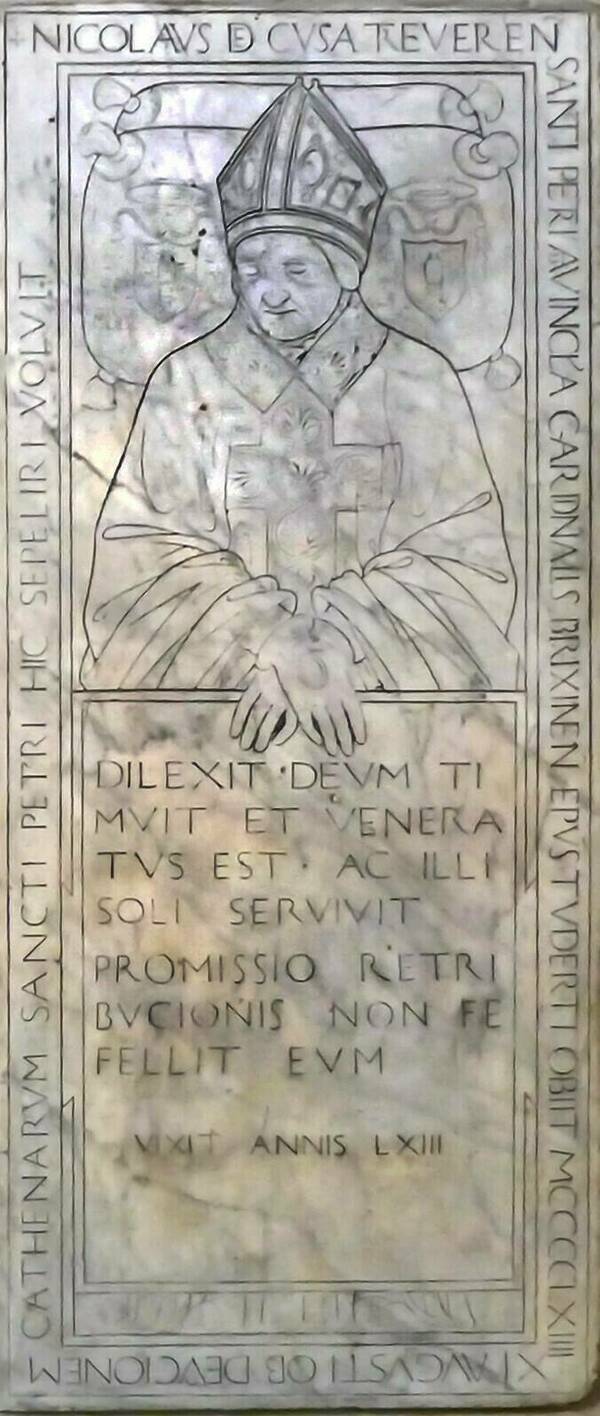
Please join us for this week's History of Philosophy Works-in-Progress Luncheon! This week's presenter is Prof. Denis Robichaud (Program of Liberal Studies / Concurrent in Philosophy, Medieval Institute, Romance Languages and Literatures, Italian Studies; Notre Dame). Prof. Robichaud will present on, "Cusanus on Proclus and Pseudo-Dionysius."
Each meeting consists of a presentation by a graduate student or faculty member on a project that they are working on in the history of philosophy, followed by a period of comments/questions from other participants. The workshop is designed to give contributors the opportunity to develop ideas and receive helpful feedback on projects/papers in a friendly and low stakes environment.
Lunch is provided for registered attendees. Sign up here!
Abstract: My talk, Cusanus on Proclus and Pseudo-Dionysius, is based on a chapter of a book on which I am working that studies the Corpus Dionysiacum between Aquinas and Erasmus. The Corpus Dionysiacum is a perplexing work from antiquity with a strange fortune. Long thought to be the oldest group of texts of Christian theology, and believed to have been written by an ancient Greek philosopher converted by Paul of Tarsus who was later venerated as Saint Denis, scholars now think that it is the product of the late ancient world (c. early sixth century) and that its theology owes a great deal to the late ancient Athenian philosophical school of Platonism (notably to Proclus and Damascius). The Renaissance saw the most fruitful philosophical and philological work on the Corpus before the twentieth century. For some, like Giovanni and Gianfrancesco Pico, as well as Lefèvre d’Étaples and Traversari, the Corpus remained the first work of Christian theology, while for others it became a late ancient forgery, as Valla and Erasmus argued. But philosophers like Cusanus, Bessarion, and Ficino, who were deeply engrossed in Plato and Platonism, came to see it as a work of ancient Platonism. This book is specifically about how philosophers, theologians, and scholars identified the author of the Corpus and in which ancient traditions they situated its philosophy.
Originally published at historyofphilosophy.nd.edu.